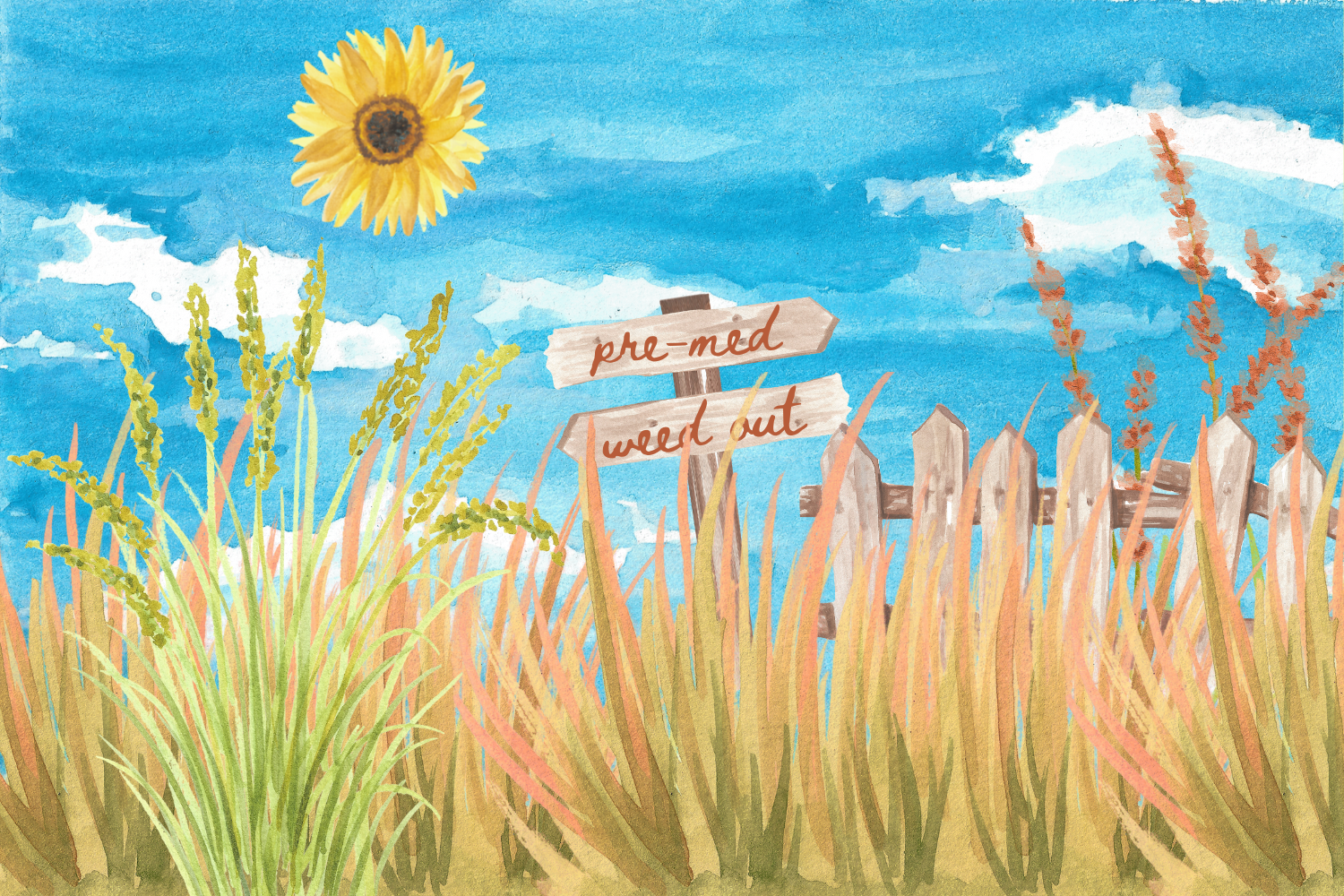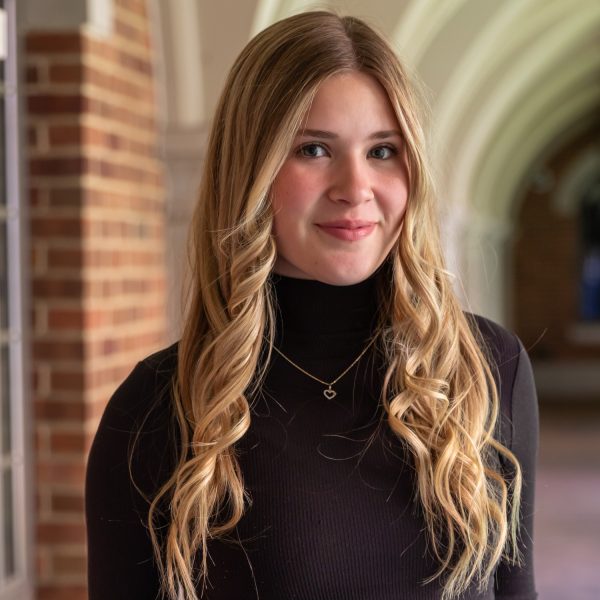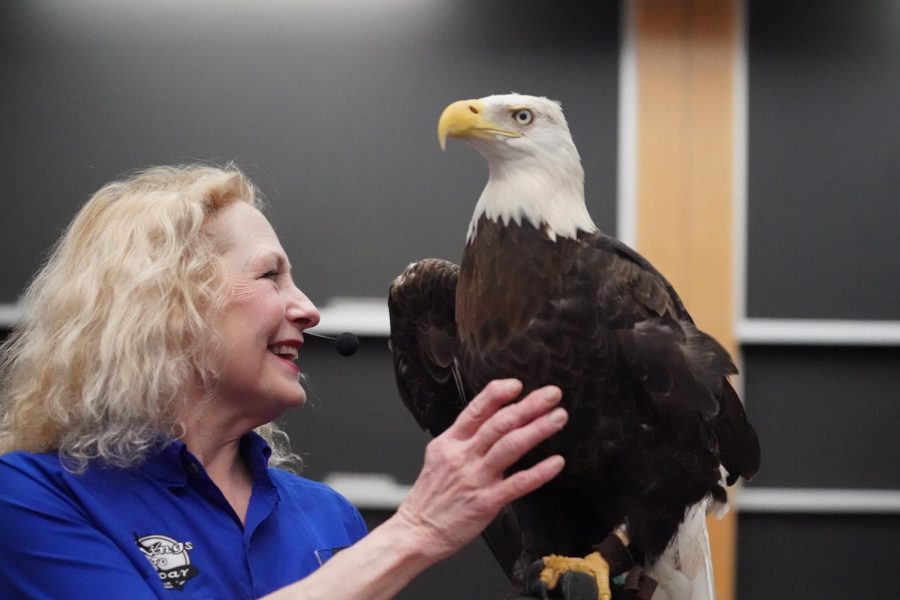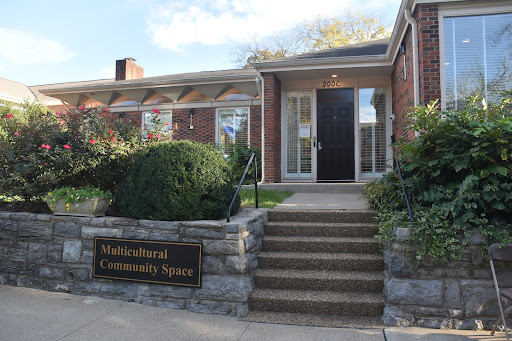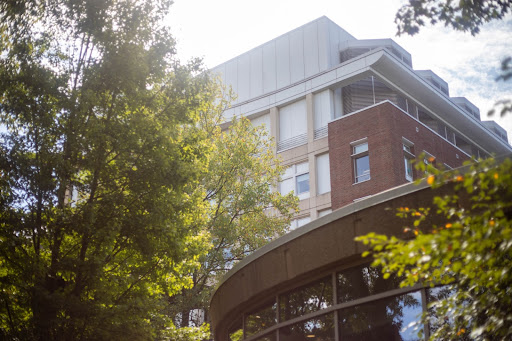CORRECTION: This piece was corrected on Jan. 18 at 10:20 a.m. CST. It previously stated that the author’s Introduction to Biological Sciences professors did not offer office hours; however, The Hustler obtained documentation of the professors offering office hours by appointment.
Introductory biology has made me feel more alone than ever before.
For the past two months, I’ve poured my soul into both of my weed-out classes, General Chemistry and Introduction to Biological Sciences. I’ve pulled countless all-nighters and sacrificed my social and personal well-being in the hopes of getting high grades. I’ve spent hours drawing organelle structures and memorizing the amino acids, their many names and three-letter codes.
When I got my score back for my first biology exam after weeks of studying, I was devastated to see that I had failed.
Not only did I fail my biology test, but so did the majority of the class. In fact, the class average for the test was 65%—and not because we aren’t smart. I believe that each and every one of us is capable of excelling in academics—haven’t we shown we are capable by achieving admission to Vanderbilt? This struggle is not isolated to biology, as it also applies to other weed-out courses at Vanderbilt.
Are students set up to fail in these classes?
After failing my exam, I feel overwhelmed and I’m unsure of where to go from there. I know I am not the only one who feels lost and uncertain after failing science exams. It often feels like weed-out classes at Vanderbilt exist to push students out of science. The lack of support for students, the shortage of learning or teaching assistants and the vast grading differences between courses for non-STEM majors and the major equivalent courses make STEM at Vanderbilt nearly impossible.
On the first day of classes at Vanderbilt, I tried to set aside the fears and doubts that had been planted in my head. I decided that no matter what others told me, I was capable of incredible things. I went into my first biology and chemistry classes with an open mind. On syllabus day, my biology professor made me revisit my concerns when he announced that he does not have teaching assistants or learning assistants. I heard groans of annoyance from my class, but I managed to reassure myself that I could go to the professor directly if I needed help. Many classes at Vanderbilt have Learning Assistants, students who have succeeded in the course and lead small-group discussions and problem-solving sessions to help students feel comfortable in the classes. According to a study done through Life Sciences Education, LAs can enhance a student’s sense of belonging in any class. My section of introductory biology had no support for students from peers.
The panelists announced to the entire room that most of us would drop pre-med within our time here at Vandy. Feeling defeated, I lowered my hand. I felt embarrassed and singled out before classes had even started.
As part of orientation, first-year students in the College of Arts and Science attended a seminar where a welcoming panel of faculty and current students asked anyone with pre-med aspirations to raise their hands. Unsurprisingly, half the room did so, some with confidence and some not so much. The panelists then announced to the entire room that most of us would drop pre-med within our time here at Vandy. Feeling defeated, I lowered my hand. I felt embarrassed and singled out before classes had even started.
This seminar was not the first time I’d heard this narrative, especially as an aspiring woman in STEM. Weed-out classes also exacerbate the already-existent issues of representation in a field that has been—and continues to be—homogenous. According to a recent study, women are more likely to feel defeated with early poor grades in weed-out STEM classes than their male counterparts, leading to more and more women leaving the field entirely. The pressure in STEM also affects first-generation college students. A study by Brookings Institution shows that first-generation college students are less likely than other students to continue with a STEM major after their first year, regardless of preparation or socioeconomic background. I’m often told I should aspire to positions like a medical assistant or nurse, or that I should change career paths entirely and become a teacher. I’ve been told that the pre-med path is too ambitious for “someone of my nature”— whatever that means. Throughout history, women have been prevented from working in certain fields or attending college at all. We continue to fight for our education and persevere in driving change—science education and careers are no exception. While I don’t think that nursing or teaching are bad professions, these jobs simply aren’t career paths about which I’m passionate. In fact, part of what drew me to Vanderbilt was my passion for science, interest in psychiatry and the ability to take multidisciplinary medicine, health and society classes. I’m not willing to give up on my passion because there are less women in science than men.
At Vanderbilt, it is no secret that pre-professional tracks are notorious for students changing majors, career paths, and failing exams en masse. Students who choose pre-professional tracks often face an uphill battle to enter competitive fields and can feel unsupported by their professors and the nature of their course curricula. It seems that the university is trying to reduce the number of students choosing pre-professional tracks via its weed-out classes and classroom structure for these classes. Vanderbilt is known as one of the top pre-medical undergraduate schools in the country. We have very high medical school acceptance rates and above-average MCAT scores. What message does this correlation send to pre-medical students? Is it necessary to feel demoralized in STEM classes to have a chance at succeeding in medical professions? I’m inclined to say no.
Beyond the lack of support felt by many students, the differences between major and non-major teaching assistants is vastly different. In my experience, teaching assistants in non-major STEM classes, such as Biology Today or certain Chemistry classes, tend to give praise for right answers and positively reinforce students. However, in a weed-out STEM-major class, the TAs, while having the exact same training, are more focused on concepts and don’t spend much time validating correct answers, good effort or emotional struggles that every student will inevitably go through. Hence, science majors at Vanderbilt often feel very unsupported under the pretense of “weed-out” classes.
Why would professors support a practice that leads to so many students switching out of their fields? How can you argue that your field is a vastly important contribution to society and tell students they are likely to fail in the same breath?
In my opinion, being admitted to Vanderbilt is a weed-out process itself. Is this not enough to ensure that the best and brightest students are enrolled in STEM classes every year? Vanderbilt’s low acceptance rate reflects the university’s high selectivity. Vanderbilt ensures that the students who move into Commons each fall are those who widely excel academically. Even if you don’t completely disagree with the idea of weeding out students as I do, it still shouldn’t be a reason to not offer support—such as through a lack of TAs or LAs—to students actively wanting to learn.
All of this leads me back to the one question I’ve been asking since I got here. Why do weed-out courses exist? Why would professors support a practice that leads to so many students switching out of their fields? How can you argue that your field is a vastly important contribution to society and tell students they are likely to fail in the same breath? In STEM professions that are already lacking representation of minority groups and women, why do universities continue to support a system that perpetuates this lack of diversity?
If Vanderbilt wants to cultivate a happy and diverse community of college students, weed-out classes should be eliminated entirely, or at least restructured. Instead of toxicity, courses should promote peer networks of learning support through TAs and LAs, encourage active learning, and foster a space for students from all backgrounds and minorities to succeed.



